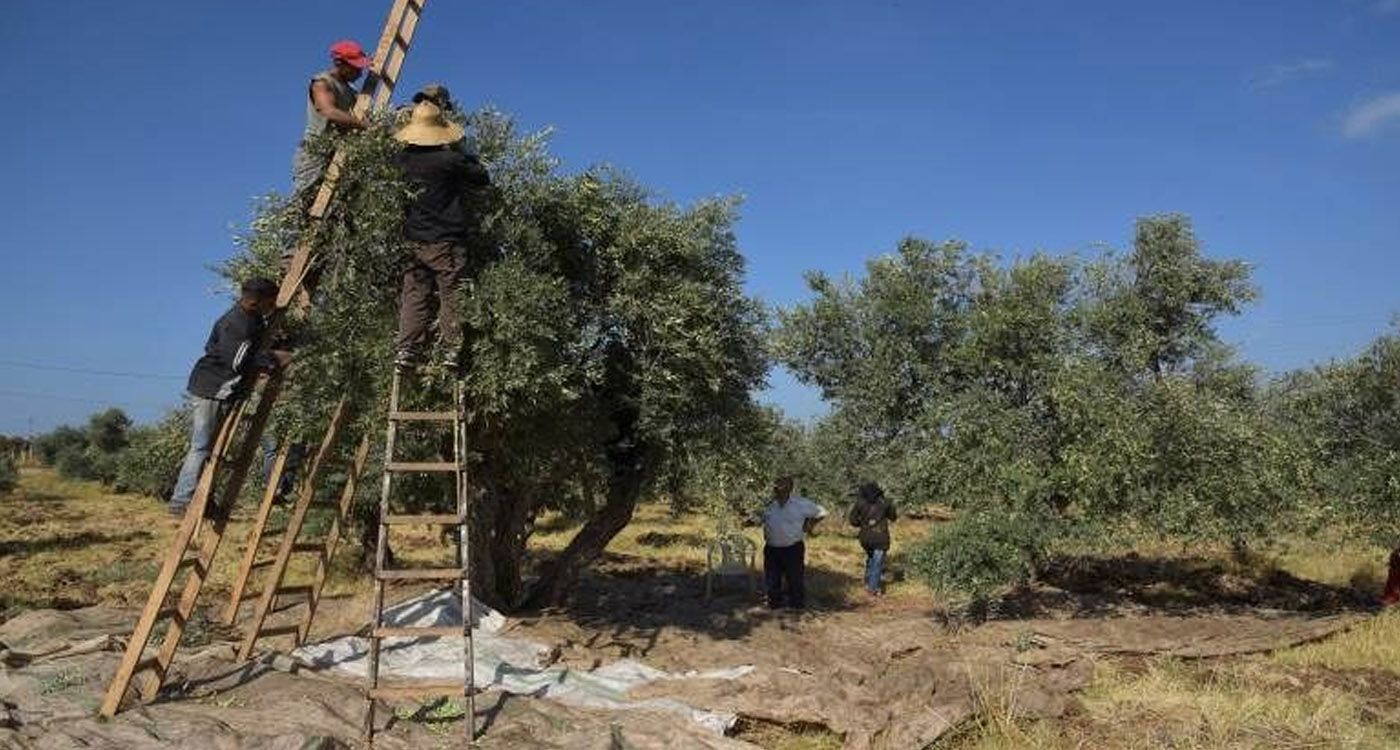
Olive oil, a cornerstone of Lebanese cuisine and a symbol of hospitality, faces a critical moment. The 2025 season looks disastrous, with production sharply plunging, threatening traditional eating habits and further straining already struggling farmers.
In Lebanon, it’s hard to imagine a meal without a drizzle of olive oil. It flavors the morning man’oushe, enlivens salads, and graces every mezze platter. But this year, this staple of the Lebanese table risks becoming a luxury. The 2025 olive season is exceptionally poor, with serious consequences for both producers and consumers.
A Tradition Under Threat
In the South, the heart of Lebanon’s olive groves, disappointment runs deep. “Last year, we should have produced between 500 and 600 barrels of oil, but because of the war, no one could harvest. The olives fell and rotted. We only managed 60 or 70 barrels,” says a major producer who asked to remain anonymous. This year, the blow is even harsher. “Expected production will be just 20 to 25% of 2024’s already historically low yield, which was devastated by the bombings,” he adds.
Several factors explain the crisis. First, the climate: a severe lack of rainfall has left olives small, dry, and low-yielding. Second, the natural cycle of the groves: unlike in Europe, Lebanon experiences alternating years of abundance and scarcity, and 2025 falls on the wrong side of the cycle. Finally, the aftermath of 2024: the war prevented farmers from harvesting an otherwise excellent season, causing tons of olives to be lost and deepening the financial strain on producers.
A Surge in Prices Looms
With supply so limited, olive oil prices are set to soar. “Last year, a barrel sold for $150. This year, it could reach $200,” says the producer. Olive oil is not a luxury in Lebanon. It is a staple in almost every dish, consumed daily and on special occasions, deeply rooted in the country’s culinary traditions. For many families already struggling with the economic crisis, the rising cost of the “green gold” will strain household budgets.
Farmers on the Brink
This double blow, with massive losses in 2024 and an almost nonexistent 2025 harvest, threatens thousands of rural families. Many entirely rely on olive cultivation, a tradition passed down through generations. Without support, some may be forced to abandon their lands, putting a key part of Lebanon’s agricultural and culinary heritage at risk.
Beyond this immediate crisis, the very future of Lebanese olive oil is at stake. Without modern irrigation systems, government support, and safety nets for farmers, the sector remains vulnerable to climate and geopolitical shocks.
Lebanese olive oil, known for its quality and fruity taste, could be a major export asset. But first, the industry must be saved from collapse.
Olive oil has never been more precious or more threatened. If nothing is done, this symbol of Lebanese identity could vanish from everyday tables, surviving only for a privileged few, a scenario that would feel like a betrayal for a country whose history has been written for centuries under the olive trees.




Comments